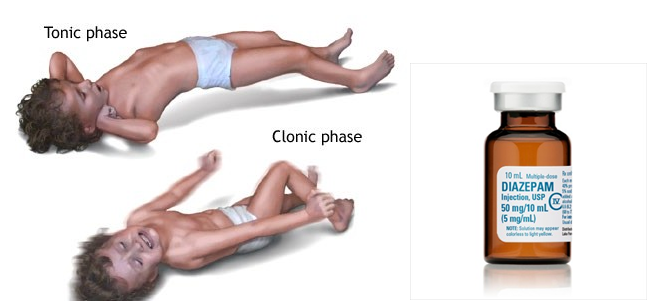HESI Pediatric N158 Proctored Exam
Total Questions : 54
Showing 10 questions, Sign in for moreDuring her sports physical examination, 15-year-old female requests oral contraceptives. She explains that she is sexually active and does not want her parents to know. Which action should the nurse take?
The nurse is monitoring a child with hydrocephalus who received a repeat ventriculoperitoneal (VP) shunt yesterday. Which assessment finding indicates to the nurse that the shunt is functioning normally?
A breastfeeding infant, screened for congenital hypothyroidism, is found to have low levels of thyroxine (T4) and high levels of thyroid stimulating hormone (TSH). Which is the best explanation for this finding?
The nurse observes a mother giving her 11-month-old ferrous sulfate (iron drops), followed by 2 ounces (60 mL) of orange juice. What should the nurse do next?
The nurse is assessing an infant with aortic stenosis and identifies bilateral fine crackles in both lung fields. Which additional finding should the nurse expect to obtain?
A child who weighs 30 kg is experiencing a grand mal seizure. The healthcare provider prescribes diazepam 0.3 mg/kg/dose intravenous (IV) STAT. The medication is available in 5 mg/mL vials.
How many mL should the nurse administer?
(Enter a numeric value only. If rounding is required, round to the tenth).
Explanation
The nurse should administer 1.8 mL of diazepam.
To calculate the volume of diazepam to be administered, you would first calculate the total dose of diazepam for this child by multiplying the child's weight (30 kg) by the prescribed dose (0.3 mg/kg). This calculation gives a total dose of 9 mg (30 kg x 0.3 mg/kg = 9 mg). Next, you would divide the total dose (9 mg) by the concentration of the medication (5 mg/mL) to determine the volume to be administered. This calculation gives a volume of 1.8 mL (9 mg / 5 mg/mL = 1.8 mL).

The nurse is assessing a preschool-aged child who presents with flank pain, dysuria, and low-grade fever. To determine a possible urinary tract infection, which additional information should the nurse gather from the parent?
A newborn with a repaired gastroschisis is transferred to the paediatric unit after several days in the paediatric intensive care unit. The infant is receiving parenteral nutrition and continuous enteral feedings.
To maintain normal growth and development of the infant, which action should the nurse include in the plan of care?
When starting a peripheral intravenous (IV) infusion on an infant, which intervention should the nurse implement?
An adolescent client reports to the nurse of walking with a limp due to pain localized in the right knee which worsens at night but denies any recent injury or trauma. The nurse observes swelling and tenderness in the right lower thigh, and imaging results reveal radial ossification in the soft tissues.
Which condition should the nurse consider as the probable cause of the findings?
Sign Up or Login to view all the 54 Questions on this Exam
Join over 100,000+ nursing students using Naxlex’s science-backend flashcards, practice tests and expert solutions to improve their grades and reach their goals.
Sign Up Now



Alecia: The correct answer is to counsel the client about the risk and benefits of using oral coontrceptives. ~ 1yr ago